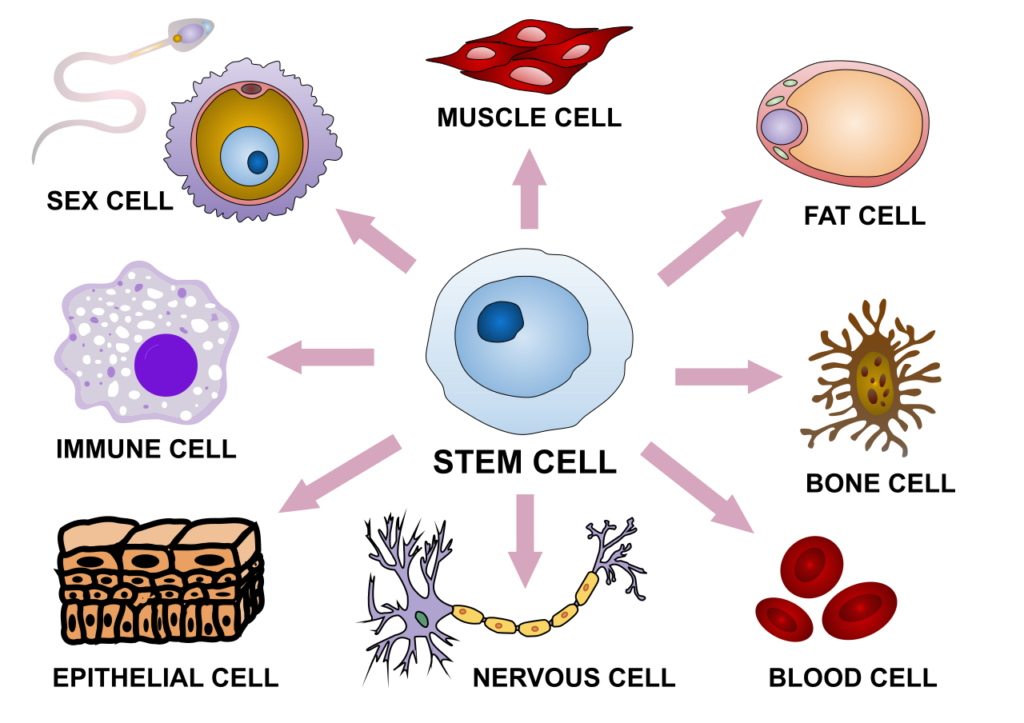The National Institute for Biological Standards and Control (NIBSC) is a government agency that works in the field of biological standardization and is part of the United Kingdom’s Medicines and Healthcare products Regulatory Agency (MHRA). The Institute is the UK’s Official Medicines Control Laboratory, responsible for independent regulatory testing of biological medicines within the framework of the European Union. It also hosts the UK’s stem cell bank and is a key research center in the field of pandemic influenza.

UK Stem Cell Bank is housed at the National Institute for Biological Standards and Control (NIBSC) at Potter’s Bar, Hertfordshire, 12 miles north of London. The cell bank, which cost 2.6 million pounds, is funded by the Medical Research Council (MRC) and the Biotechnology and Biological Sciences Research Council (BBSRC).
The purpose of the UK Stem Cell Bank is to store and grow ethically-approved stem cell lines for distribution to researchers worldwide. By launching the bank, the UK hopes to maintain a lead in this promising area of medical research. The cell lines are derived from stem cells, which have the capacity to continue to multiply and reproduce themselves indefinitely. Stem cell lines held at the bank will grow into a ‘vast reservoir’ of cells that can be used for research and, it is hoped, ultimately for treatment purposes.

The stem cell bank has support from the UK government. At the launch of the bank, Health Minister Lord Norman Warner said ‘we expect to bring breakthroughs in the understanding and treatment of disease. This potentially revolutionary research could benefit thousands of patients whose lives are blighted by devastating diseases such as Parkinson’s, stroke and Alzheimer’s’.
Extracting cells from embryos created by cloning using a cell from a patient would in theory ensure the cell transplant is a perfect match, averting rejection by the immune system.
According to nibsc; nbcnews; progress.org














